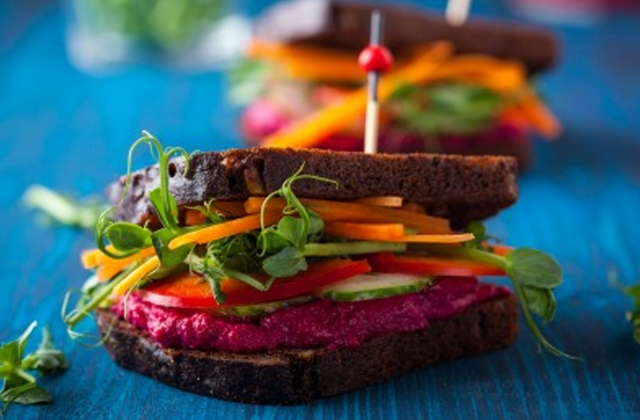Non-digestible fibers called prebiotics help probiotics, or good bacteria, grow and function in the gut. These fibers’ probiotic nutrients are essential for maintaining a balanced gut microbiota. Numerous health advantages of a normal gut microbiome have been demonstrated, including greater immunity, better digestion, and overall well being. Incorporating foods rich in these fibers into your diet is essential to harness the power of prebiotics. Here are the top five foods with the highest probiotic content, according to nutritional experts.
1.Chicory Root: Chicory root is renowned for its exceptionally high prebiotic content, primarily inulin. Inulin is a selective fuel for beneficial gut bacteria, aiding their growth and activity. It can be found in roasted chicory root, fiber, or chicory root supplements.
2.Jerusalem Artichoke: Also known as sunchokes, Jerusalem artichokes are a delicious tuber that contains a significant amount of inulin. Including these in your diet can help support a diverse and thriving gut microbiome.
3.Garlic: Garlic adds flavor to various dishes and provides prebiotic benefits. It contains a prebiotic fiber called fructooligosaccharides (FOS), which fuels the growth of probiotics in the intestines.
4.Onions: Onions are another excellent source of FOS, making them a valuable addition to any prebiotic-rich diet. They can be easily incorporated into various savory dishes, salads, and soups.
5.Asparagus: Asparagus contains inulin and oligofructose, contributing to its prebiotic properties. Regularly consuming asparagus can help nourish the beneficial bacteria in your gut.
Conclusion:
A diet rich in prebiotic foods is crucial in supporting a healthy gut microbiome. You can promote the growth and activity of beneficial gut bacteria by including foods such as chicory root, Jerusalem artichoke, garlic, onions, and asparagus in your meals. Remember that a diverse gut microbiome is associated with various health benefits, so incorporating a wide range of prebiotic-rich foods can contribute to overall well-being.

